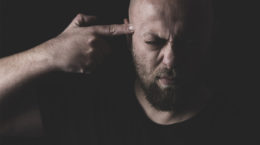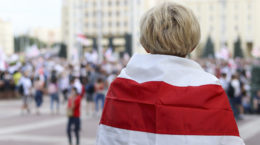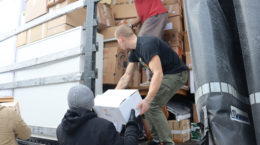On April 6, 2025, a funeral was held in Warsaw for Belarusian political refugee and activist Maksim Chernyavsky. He had been involved in protest movements in Belarus since 2011, faced state repression, and was forced into exile, where he continued his civic engagement. The cause of death was suicide.

Maksim Chernyavsky, from the social networks
A month earlier, on March 4, 2025, another Belarusian political refugee, Stanislau Brykin, was found dead in the refugee camp in Pabradė, Lithuania. The main version of the investigation is suicide. Brykin was an active participant in the 2020 protests, including a strike at the state-owned company Beltelecom. After facing persecution targeting him and his family, he fled Belarus and sought refuge in Lithuania. However, Lithuanian authorities designated him a threat to national security, placing him at risk of deportation to a Belarusian prison.
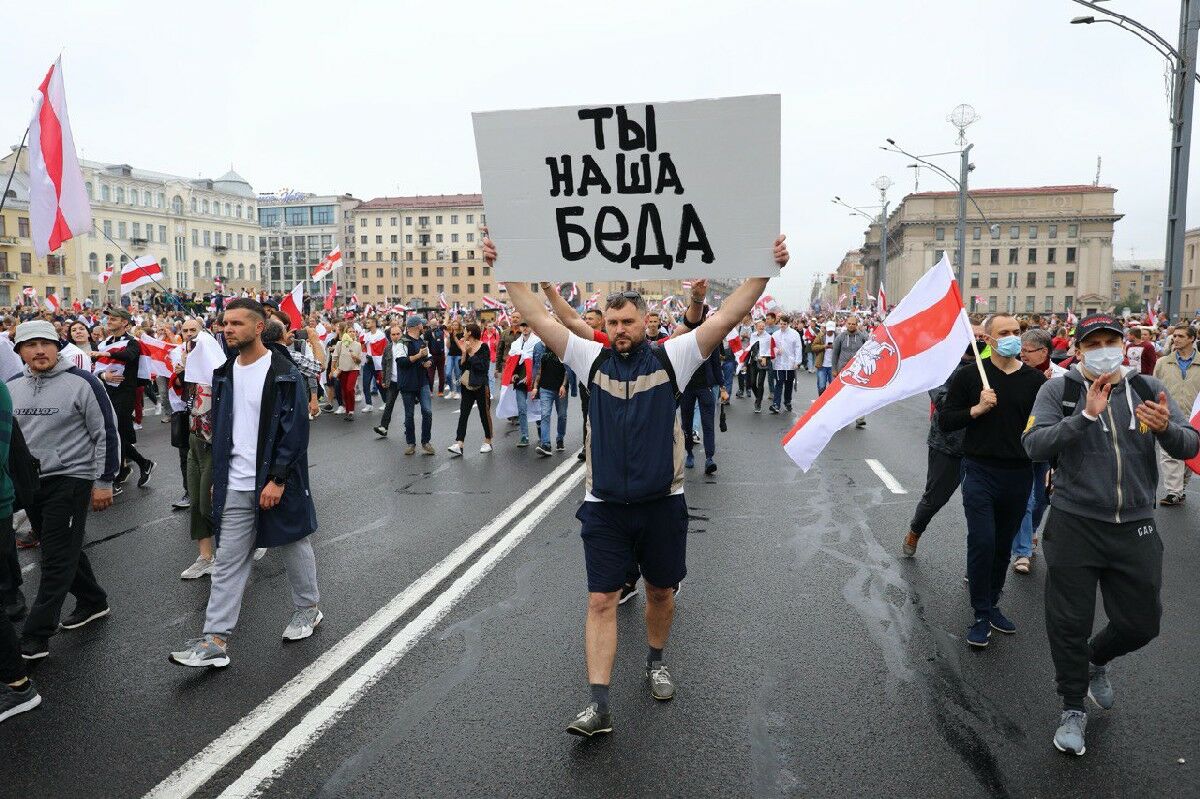
Stanislau Brykin, time.kz
In an attempt to find safety, Brykin applied for asylum in Germany. Nevertheless, under the Dublin Regulation, he was returned to Lithuania, where he remained in a refugee camp, awaiting potential deportation back to Belarus.
Faced with the prospect of torture and imprisonment in a Belarusian detention facility, Belarusian man chose death.
For the human rights organization Our House, suicides among Belarusian activists and human rights defenders remain a deeply painful and sensitive issue.
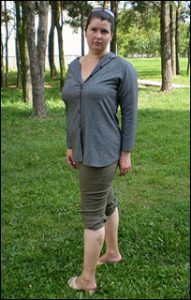
Yana Polyakova, naviny.by
On March 7, 2009, our colleague and human rights defender Yana Polyakova from Salihorsk took her own life. Prior to her death, she was beaten by police officers, publicly harassed in state media, and prosecuted under false criminal charges. At the time of her suicide, she was under constant pressure from law enforcement and had been sentenced to imprisonment. Her final words were: “I will not be a prisoner.” Her death was a protest against police and judicial abuse.
According to Our House, suicides among Belarusian political activists and refugees reflect the systemic vulnerability of this group. The lack of stable international protection mechanisms, undefined legal status, threats of deportation to Belarusian prisons and torture, as well as stigmatization and political pressure — including being declared a “national security threat” — significantly increase the risk of psychological breakdown and suicide.
We could say that this disturbing pattern of suicides among Belarusian political refugees deserves greater attention from human rights institutions, EU bodies, and international protection mechanisms.
After four years of witnessing suicides among Belarusian refugees — met with silence and inaction — we have no hope that the deaths of Stanislau Brykin or Maksim Chernyavsky will be the last.
There will be more suicides among Belarusian political refugees.
Unfortunately, we are certain of that.
![]()
In order for us to help others to protect their rights, we need your help. You can help here, click on any of the buttons on the left or right, and then repost the news, like it on our social networks here, here and here, or take part in the clean-up day.
Credits Unsplash







